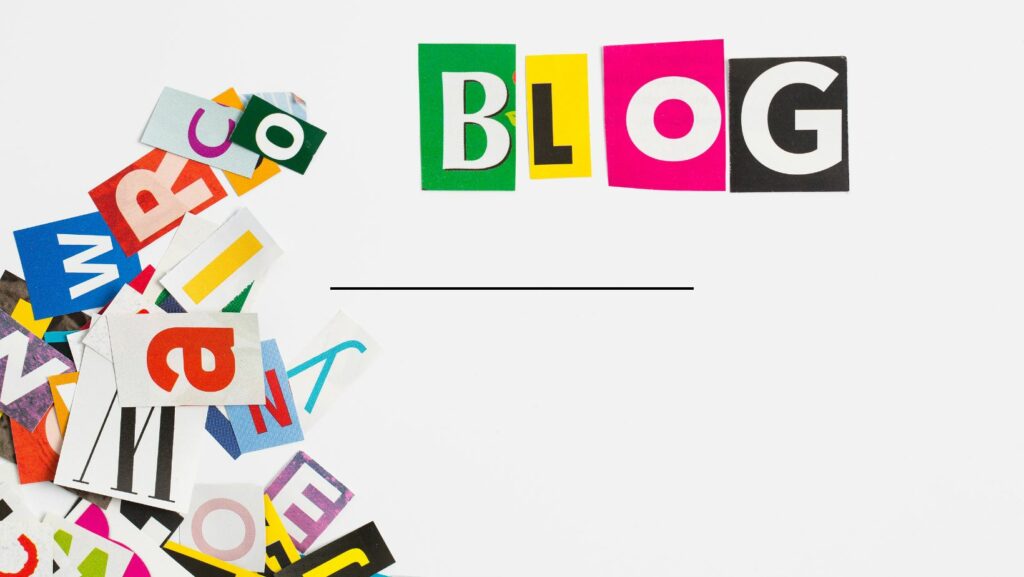Starting a blog can be an exciting venture. Whether you’re doing it for personal reasons or looking to make it a part of your business strategy, choosing the right platform is crucial. Luckily, there’s a wide range of Best Free Blogging Platform available today, each with its unique features and benefits.
Best Free Blogging Platform
Stepping in as a stellar choice in the realms of Best Free Blogging Platform, WordPress.com stands ahead of its peers. The platform is the first choice of many bloggers, from beginners dipping their toes to seasoned blog creators, primarily for its ease of use and flexibility.
Equipped with a myriad of templates to complement any blog style, WordPress.com is a real star among blogging platforms. Whether bloggers wish to customise the look of their blog or streamline the process with ready-to-use themes, they’re catered to by the platform’s rich feature set. The platform also comes loaded with custom fonts and a colour palette, solidifying the establishment of a unique, attractive blogging identity.

WordPress.com, with its responsive mobile optimizations, ensures that a blog performs seamlessly across all devices. Bloggers won’t need to fret about losing out on mobile traffic. They will also benefit from the AutoSave feature, which guards against any unintended loss of work.
Moreover, WordPress.com offers helpful community forums and 24/7 support. These are essential resources for any blogger encountering problems or seeking advice from experienced peers. This level of support makes it stand out among free blogging tools. WordPress.com cares about the success of the blogger, not just the functionality of its platform.
Feature-rich, user-friendly, and supported by a thriving community – these attributes make WordPress.com a tough competitor to beat among Best Free Blogging Platform. It promises an impressive blogging journey, irrespective of whether a blogger is showcasing their passions, promoting a small business, or sharing their life’s experiences.
Blogger
Taking WordPress.com’s baton, let’s dive into another heavy hitter in the free blogging platform world, Blogger. Google manages it, so it ensures quality, and like its predecessor, the platform is favoured by bloggers of varying experience levels. Tradition and modernity merge in Blogger, creating a platform that enables creativity while also ensuring stability and best-supported services.
Blogger’s set-up process is quick and easily navigable. So, for those not too technically inclined, it’s an excellent starting point. It has a user-friendly interface that doesn’t require specialised coding knowledge to create a functional, visually appealing blog. The platform provides plenty of customization options including layout choices, fonts and a colour palette. This aids the profile in shining through with its unique identity.
One strength of Blogger lies in its integration with Google’s suite of tools. With your Google account, you can link your blog directly to Google Analytics. This is a killer feature for bloggers concerned with tracking visitor stats and understanding the best content strategies moving forward. The SEO benefits of being intimately linked with Google’s algorithms should not be underplayed.
Additionally, Blogger is renowned for its security features and reliability. Since it’s a component of Google, users can rest assured that it’s well-protected against spams and other security threats. This peace of mind allows the blogger to focus more on crafting engaging content and less on technical issues.

Medium
As we continue exploring the Best Free Blogging Platform, let’s dive into Medium. Established by Twitter co-founder Evan Williams, Medium has quickly grown to be a hub for writers, bloggers, and thought-leaders looking for a mature audience who values quality content over quick-fire posts.
Medium’s principle is simple; it focuses on the content itself rather than the bells and whistles of website customization. The straightforward, minimalist design places the spotlight on your words, and readers appreciate this user-first approach. However, the lack of customization might feel limiting to some bloggers who wish to have stronger control over their site’s aesthetics. That’s a small price to pay for the quality audience medium offers, one that’s engaged and eager to interact with thought-provoking content.
What sets Medium apart is authenticity. The platform has a well-established reputation for fostering critical thought and insight. Bloggers aiming for deep-dive articles find an active and engaging community waiting for their next piece.
Ironically, a significant upside to Medium could also be a potential downside. As Medium hosts your content, you don’t own your audience. You’re unable to capture emails, making it harder to build a personal mailing list. Still, for those valuing exposure and engagement over marketing, Medium serves as an ideal platform.



